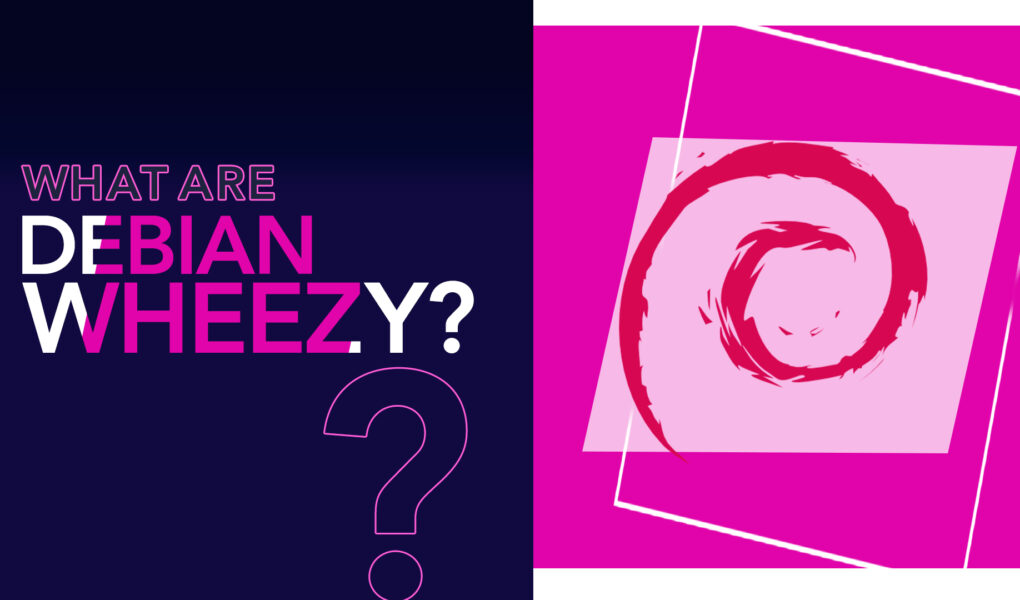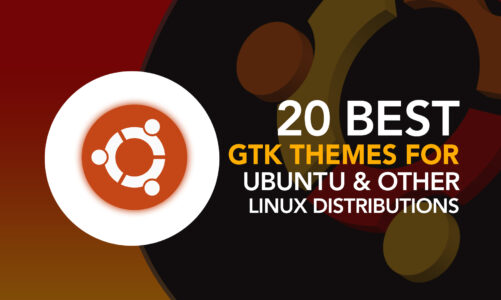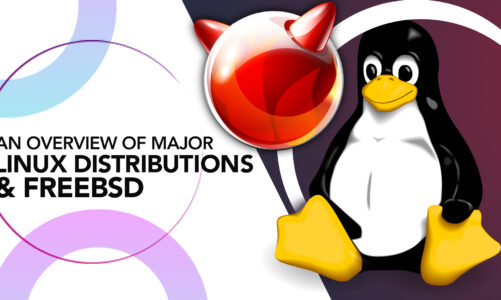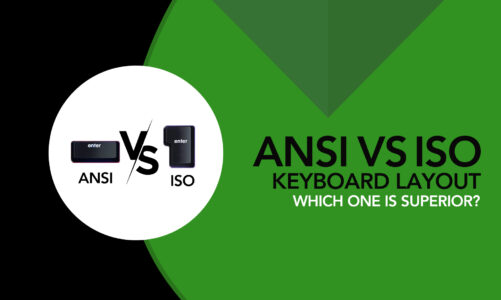Debian Wheezy, an older but impactful version of the Debian operating system, has made an indelible mark on the landscape of open-source software. With a rich history and enduring influence, understanding Debian Wheezy isn’t just about revisiting the past; it’s about understanding the roots from which many of our current technologies have grown.
Understanding what Debian wheezy is, its historical context, and notable features can provide valuable insights into the evolution of Debian as a powerful and versatile operating system.
So let’s get into the world of Debian Wheezy, a milestone in the Debian series.
The Debian Project: A Brief Overview
Stepping into the world of operating systems, it’s hard to miss the iconic Debian Project. This community-driven initiative has been at the forefront of developing free and open-source software, leading the way for many distributions we see today.
Initiated in 1993, Debian revolutionized the software landscape by establishing a Unix-like computer operating system entirely composed of free software. The Debian operating system supports many types of system architectures, including Intel x86, ARM, and IBM’s Z architecture, among others. The versatility of the system has made it popular among computer users worldwide and has fostered a robust community of developers.
It’s also worth noting that Debian has served as the foundation for numerous other distributions, most notably Ubuntu.
Understanding Debian Wheezy
When we discuss Debian, it’s essential to understand that it isn’t just one piece of software. Debian, like many other operating systems, evolves over time. It undergoes continuous development, refinement, and iteration, resulting in different versions or ‘releases’ of the software. One such release, which served as a prominent stepping stone in the evolution of Debian, is Debian Wheezy.
Debian Wheezy, officially known as Debian 7.0, was released in May 2013. It was the seventh stable release of Debian, succeeding Debian Squeeze (6.0) and preceding Debian Jessie (8.0).
The Core Features of Debian Wheezy
Debian Wheezy brought a lot to the table when it was released. It was the first release to fully implement ‘multiarch support.’ This enabled the installation of packages from different architectures on a single machine. This was a significant development, increasing the compatibility and flexibility of the Debian system, particularly for users transitioning between different system architectures.
Also, Debian Wheezy was known for its enhanced multimedia support. With this release, many codecs and multimedia players, previously available only through non-free repositories, were incorporated into the main Debian distribution.
Furthermore, Wheezy brought forth numerous enhancements and updates to the user interface. It shipped with the GNOME 3.4 desktop environment and the Xfce 4.8 and KDE 4.8.4 as alternatives. This enabled users to customize their interface to suit their preferences, contributing to a more personalized user experience.
The End of Life and Legacy Status
The lifecycle of Debian Wheezy concluded with its end-of-life (EOL) status announced on May 31, 2018. The EOL status implies that the software will no longer receive official security updates, bug fixes, or patches from Debian’s Security and LTS teams. While users can continue to use EOL versions, they do so at their own risk, as any unpatched vulnerabilities in the system can make it prone to security threats.
Is Debian Wheezy Still Relevant Today?
As of its end-of-life status in 2018, Debian Wheezy no longer receives official updates, security patches, or bug fixes. For this reason, it is generally not recommended for use, particularly in environments that require stringent security measures, such as corporate or enterprise settings. An unsupported system is susceptible to vulnerabilities and security threats, which could pose significant risks.
Moreover, being a legacy version, Debian Wheezy might not support newer hardware or software. This limitation could be a major deterrent for users who need to work with the latest tools and technologies.
Conclusion
An old version (7.0) of the Debian operating system, Debian Wheezy holds significant historical importance in the world of Linux operating systems. Its contributions and advancements have left a lasting impact on subsequent Debian releases and the broader Linux ecosystem.



